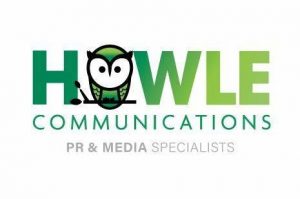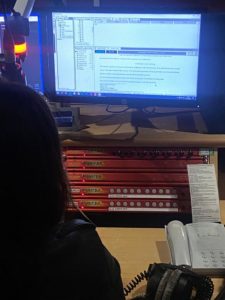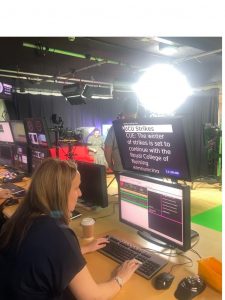Nigel Howle who owns Howle communications and is a former lecturer of Sports journalism at Staffordshire University commented on being part of the future journalism awards 2024 on being a special guest at these years event.
Nigel Howel said “I’m delighted to be a special guest for the Staffordshire University Future Journalism Awards. The awards are a positive initiative, offering a practical, hands-on introduction to the world of news and media for young people. That’s vital in a world where there’s lots of noise from social media. As someone who has always worked in and around the media, I’m passionate about developing trained, professional storytellers.”
With over twenty-years of experience in the journalism industry Howel communications was set up in mid-2007 helping companies with their communications strategy.
Nigel’s’ PR company provides media training to companies both in the public and private sector offering a variety of different services including press releases, event management, crisis management, internal communications as well media training.
You can find out more about the work Howel communications do click on the link https://public-relations-consultants.co.uk/







